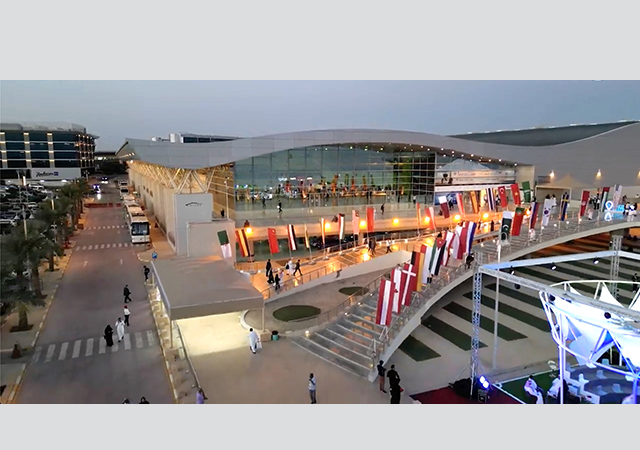
 Dow Corning’s team at the show.
Dow Corning’s team at the show.
DOW Corning, one of the world’s largest silicone-based materials developers and manufacturers, highlighted the benefits of silicones during a presentation on building materials protection at the 2010 Middle East Coatings Show which was held in Dubai.
As buildings become increasingly sophisticated with innovative designs, shapes and sizes, they must also meet technical performance demands of withstanding everyday environmental forces and natural or man-made disasters, as well as increasing needs for energy efficiency, said Gerald Bräuer, application engineer and technical service.
“Silicone materials help architects and engineers meet environmental and societal needs in contemporary buildings,” he said. “Our ability to address the green building trend is aligned to our ability to increase the lifespan of construction materials and thereby lowering life cycle costs. Also, our ability to offer more environment-friendly products – solventless, and higher solids content – helps achieve similar benefits.”
Explaining the role of silicones in construction, he said: “Every day, buildings are subjected to a wide range of external environmental forces, such as high wind velocities, temperature variations, or acid rain that contribute to the wear and tear of the structure and have a significant toll on the aesthetics and durability of the building over time.
“Silicone sealants are able to withstand these negative effects. Silicones produce airtight seals that not only preserve the thermal insulation of a building, but also are capable of being used with a wide range of other building substrates such as concrete, glass, granite, marble, aluminium, steel, and plastics. This prevents rust, corrosion, or negative effects that result when mixing different building substrates that aren’t compatible and can significantly hinder the long-term weatherability of a structure. It also results in long-term savings, reducing costs associated with maintaining and repairing structures.
“Silicones are flexible and versatile, which is critical when it comes to meeting impact-resistant glazing standards required in commercial window applications where silicone is used to fasten large expanses of glass to the window system. Structurally bonded windows constructed from silicone sealants are able to transfer high wind and pressure loads from the frame to the glass while accommodating movement between the frame and glass.
“Silicon technology enables sealants and adhesives that enable aesthetically beautiful and environmentally sustainable construction of buildings, roads and infrastructure.”
Most recently, Dow Corning’s silicone construction materials were used in the construction of the world’s tallest building, the Burj Khalifa in Dubai.





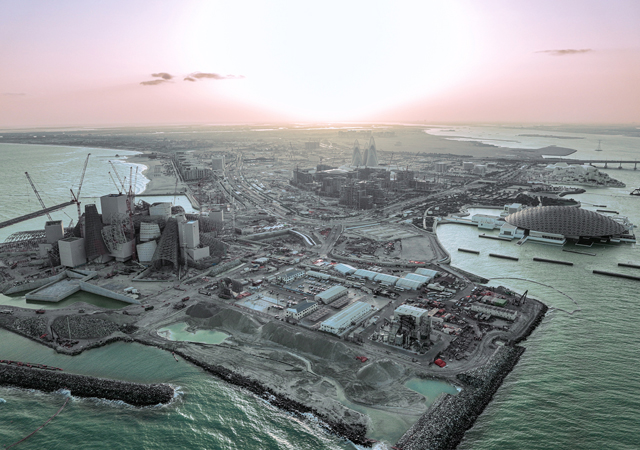
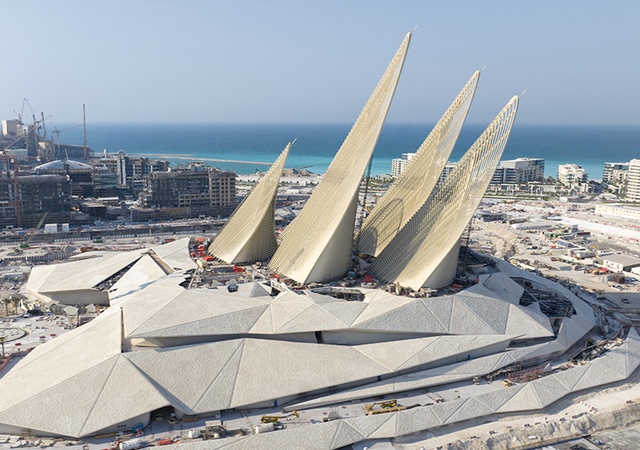


.jpg)





.jpg)

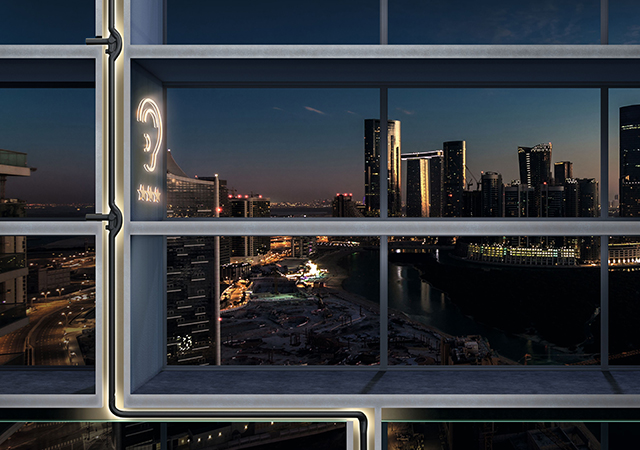
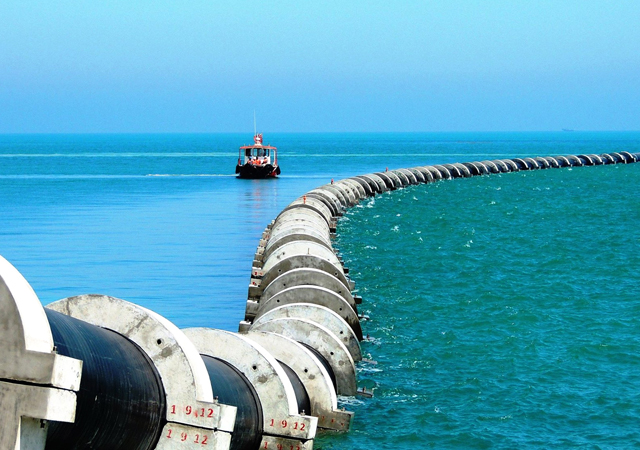



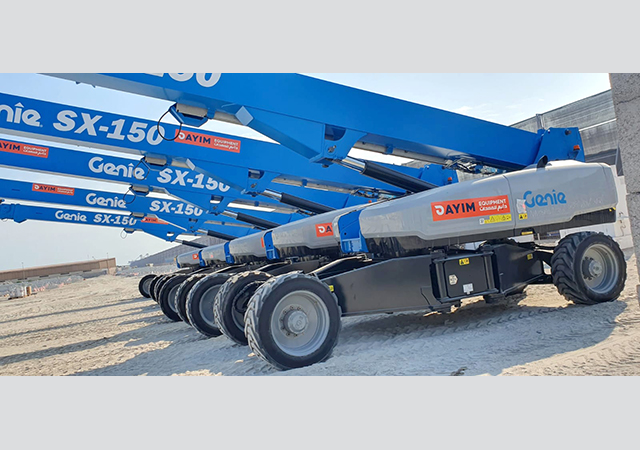
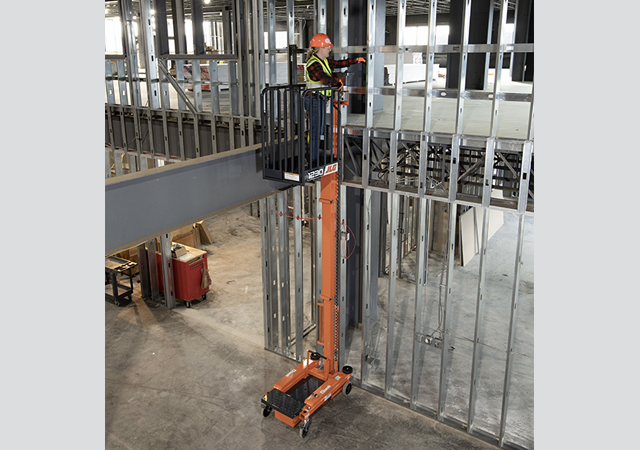

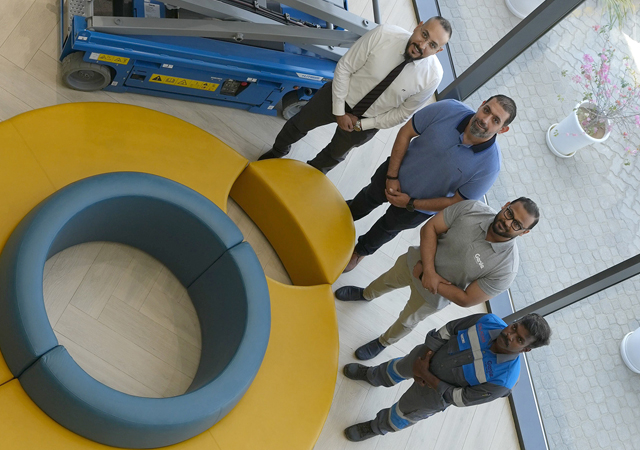

Doka (2).jpg)



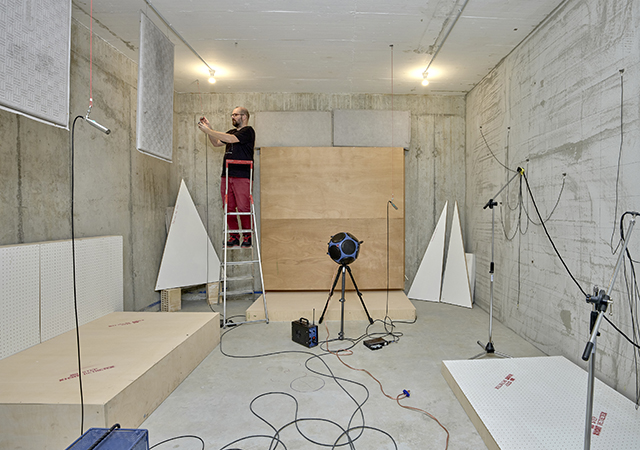





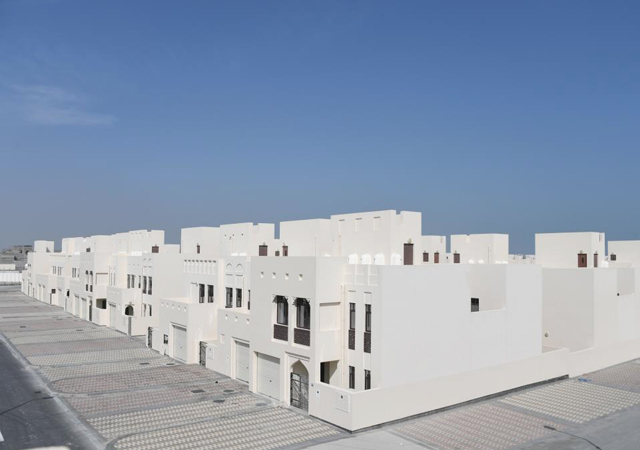

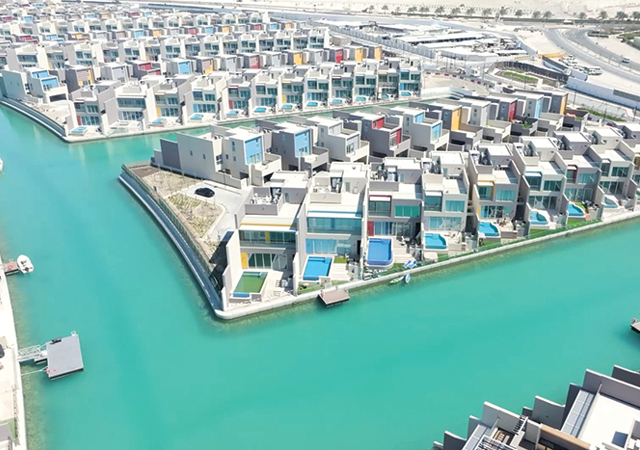
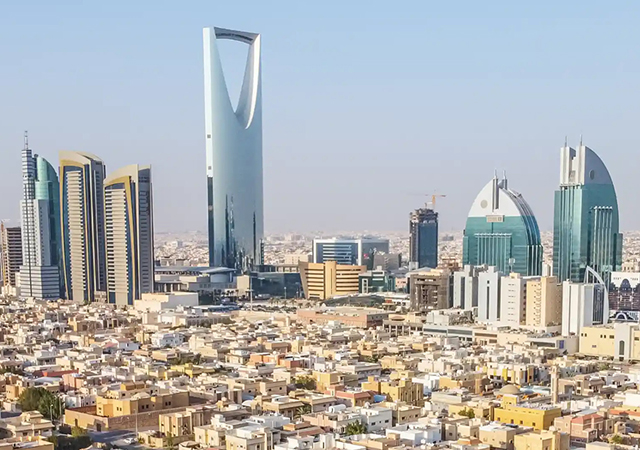



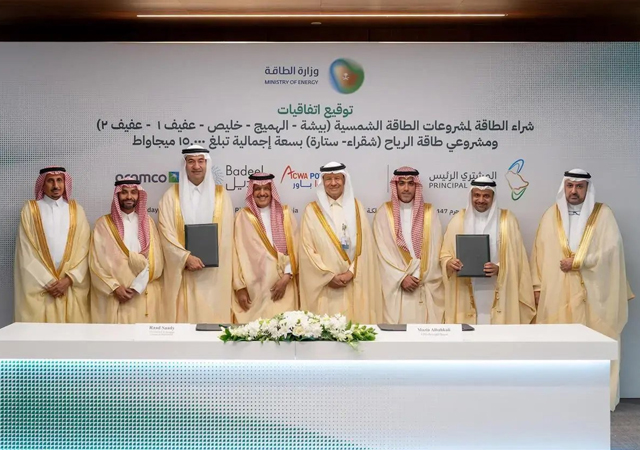


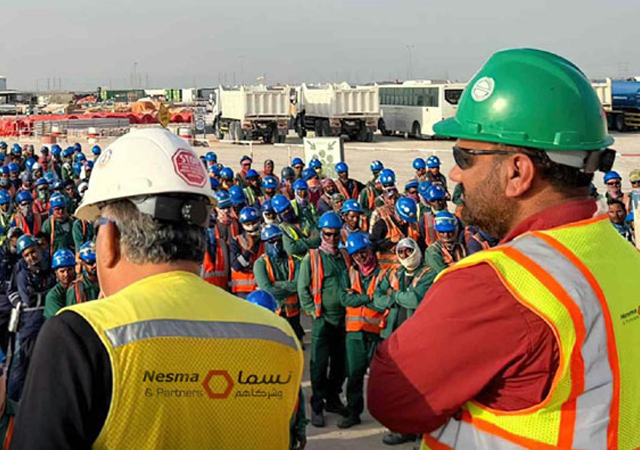










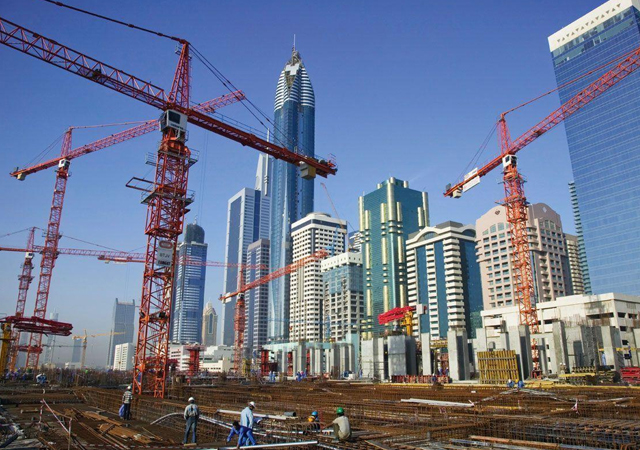






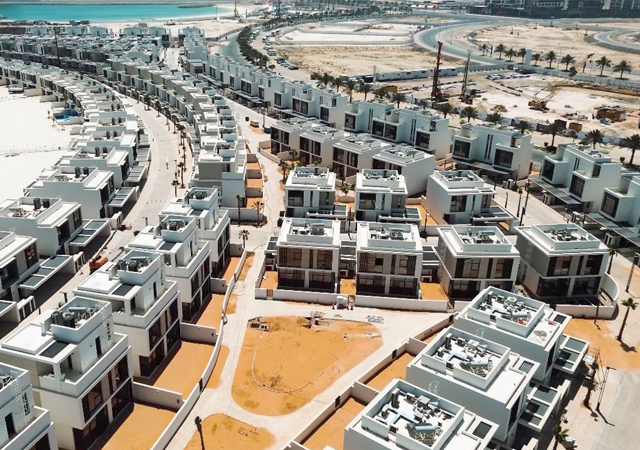


.jpg)
.jpg)

.jpg)
